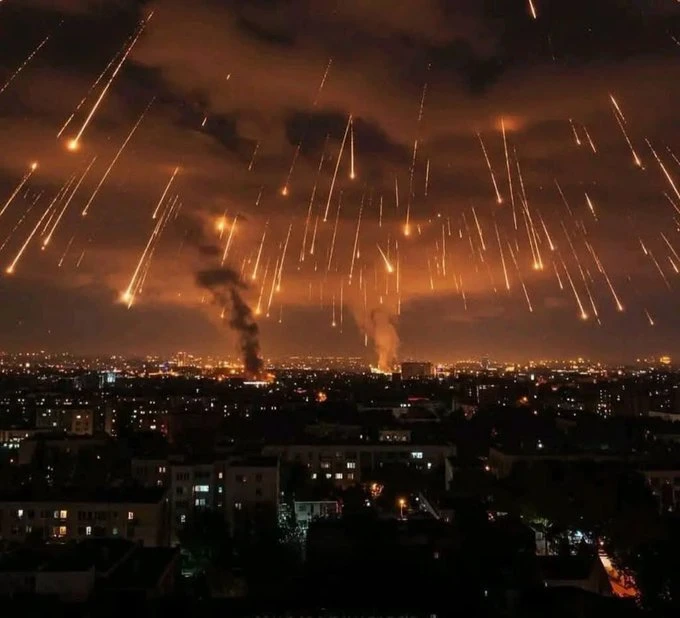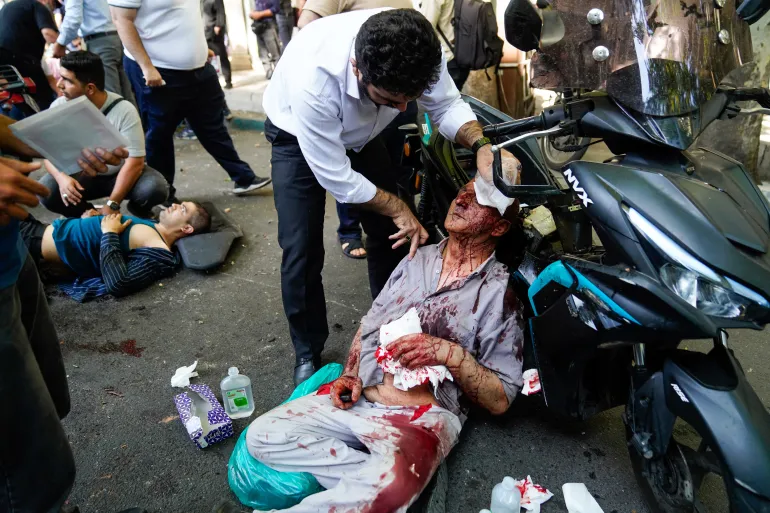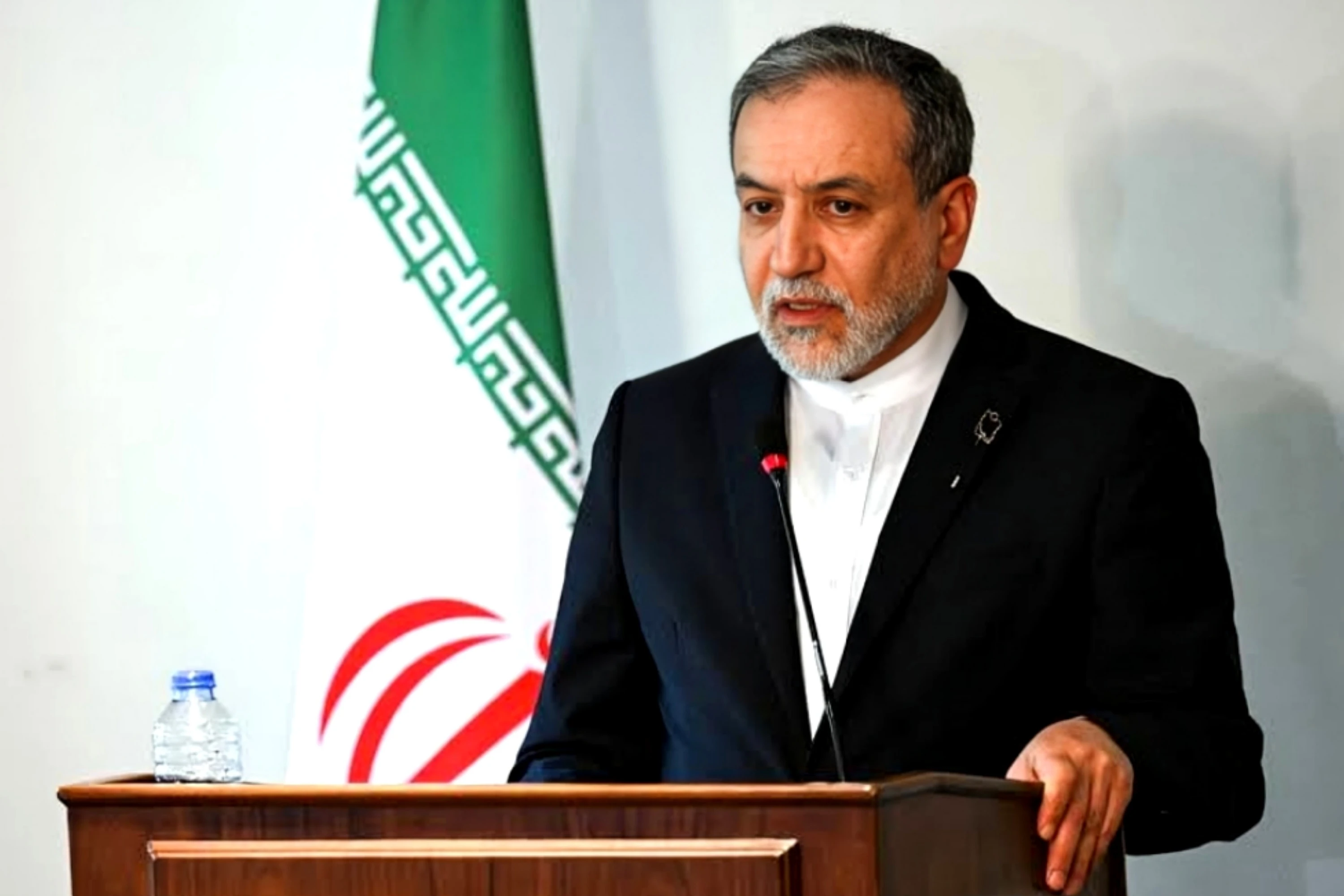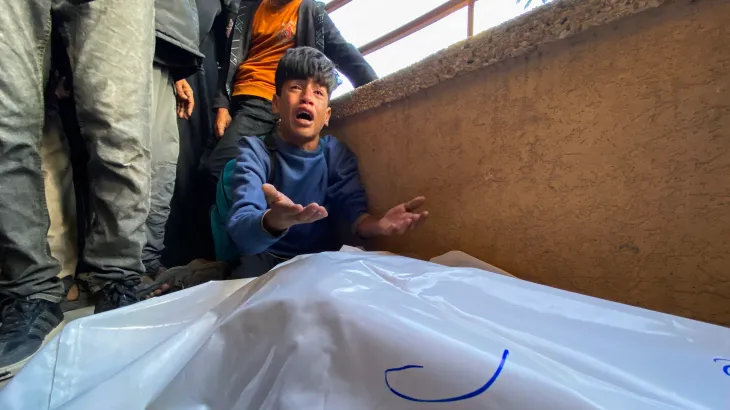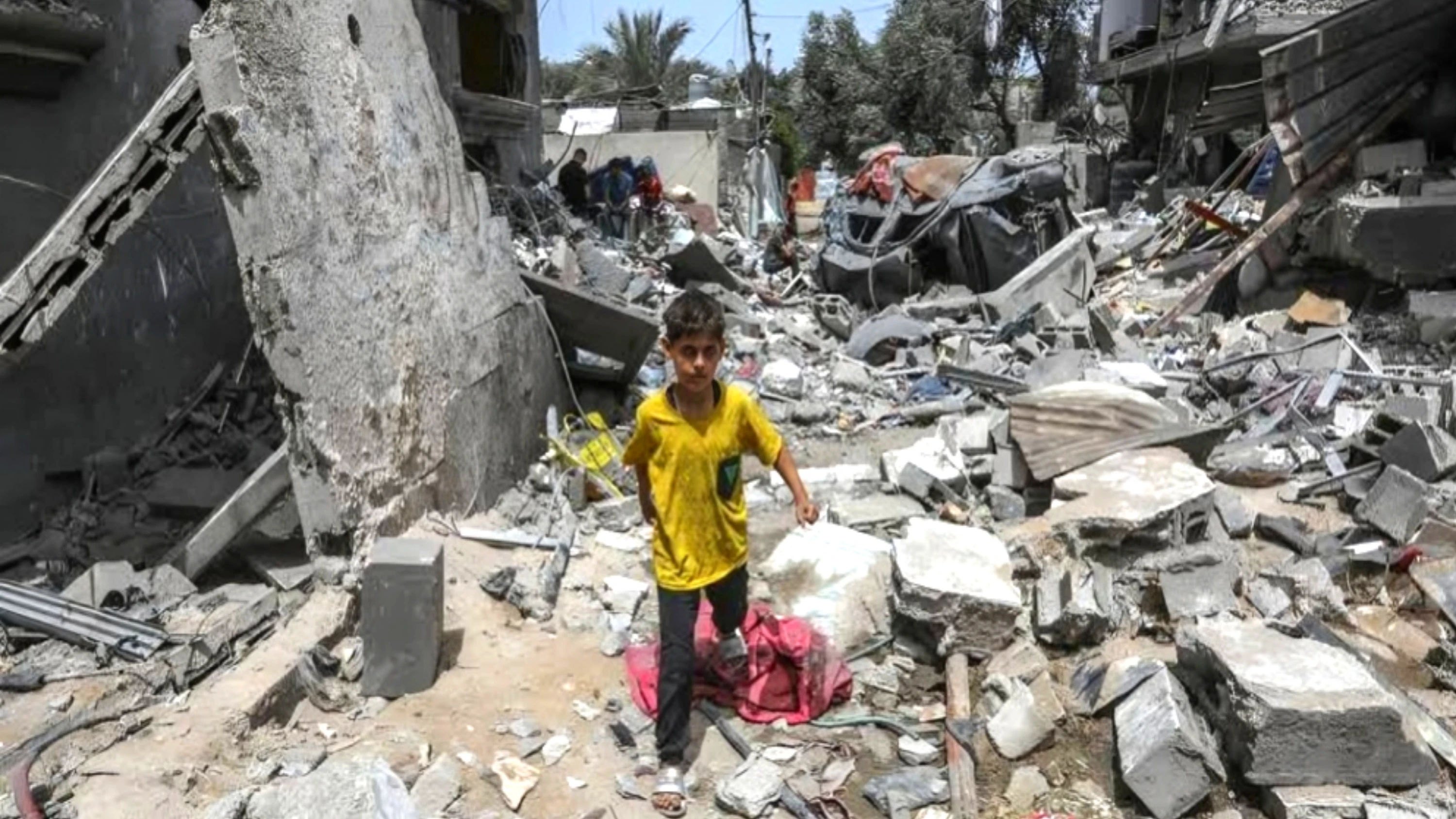Gaza: Israeli airstrikes on the Gaza Strip persisted through the first day of the Muslim Eid al-Fitr holiday, killing dozens, as Prime Minister Benjamin Netanyahu showed no indication of easing pressure on Hamas despite ongoing ceasefire negotiations.
Early Sunday morning, Israeli air raids targeted homes and makeshift shelters, with medical sources confirming at least 35 casualties in the southern cities of Rafah and Khan Younis. The attacks come as the Palestine Red Crescent Society (PRCS) announced it had recovered the bodies of 15 medical workers who were killed in an Israeli strike last week.
The PRCS condemned the attack, stating, “This is a tragedy not only for us but for humanitarian work and humanity as a whole,” further declaring that the targeting of health workers amounts to a war crime.
Meanwhile, the humanitarian crisis in Gaza continues to worsen as Israel has blocked aid deliveries since early March. “Eid is usually a time for families to enjoy special meals together, but today many Palestinians are struggling to find even a single meal as food prices in Gaza have soared, making it increasingly difficult for families to secure basic necessities.
Despite diplomatic efforts, hopes for a ceasefire remain slim. On Sunday, Netanyahu reiterated Israel’s demand for Hamas to disarm and for its leadership to leave Gaza. He also vowed to increase pressure on Hamas to release the remaining 59 hostages, 35 of whom are believed to be deceased.
These new demands, backed by U.S. President Donald Trump, modify the original three-phase ceasefire agreement reached in January. Under that deal, Israel and Hamas had agreed to a phased negotiation process, which included discussions on ending the conflict, releasing hostages, and withdrawing Israeli forces. However, Israel now insists Hamas release all captives without committing to ending the war, a condition Hamas has rejected, prompting renewed Israeli airstrikes and military operations inside Gaza.
Netanyahu also endorsed Trump’s proposed "voluntary emigration plan" for Gaza, further escalating tensions. Senior Hamas official Sami Abu Zuhri called Netanyahu’s remarks a "recipe for endless escalation" in the region.
Despite claims that Israel is unwilling to negotiate, Netanyahu insisted that talks are ongoing, stating, "We are conducting them under fire, and that makes them more effective." He suggested Hamas was showing signs of weakness.
Hamas leader Khalil al-Hayya stated that the group had accepted a proposal to release five Israeli captives weekly but rejected Israel’s demand for disarmament, calling it a "red line" the group would not cross.




